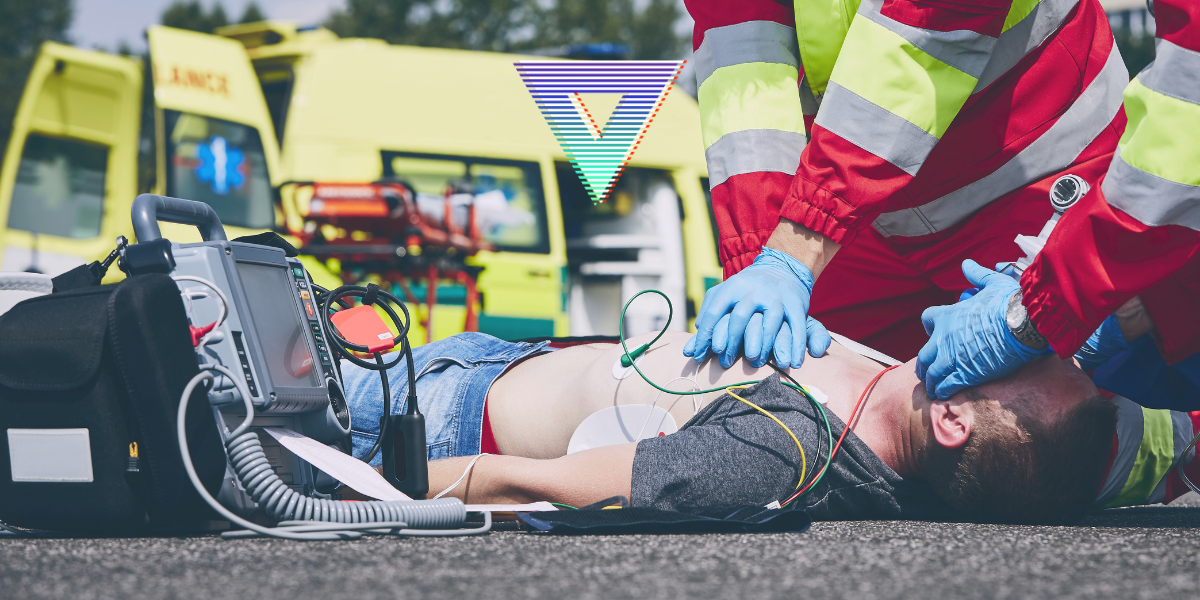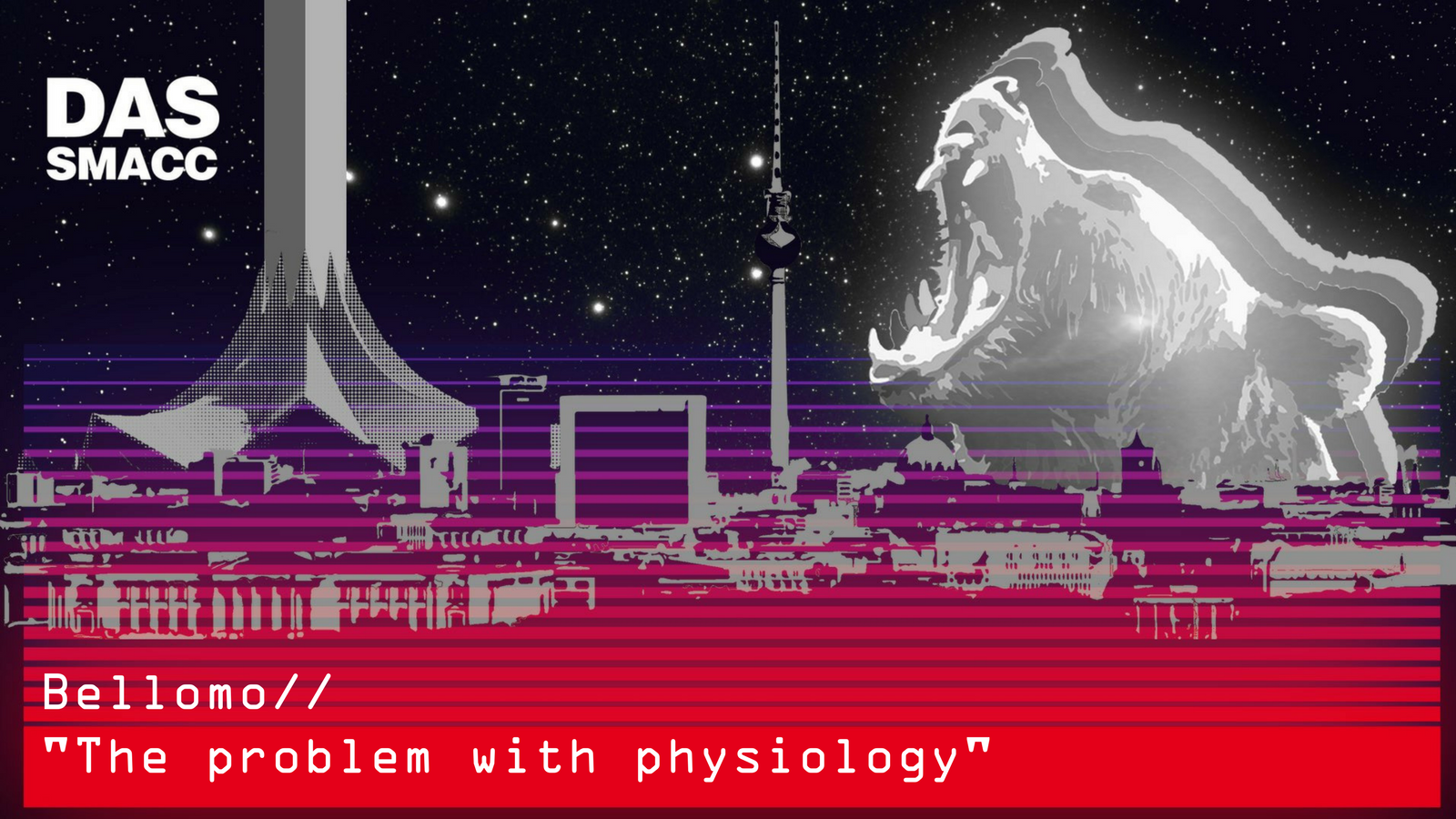Assessing risk and benefit in resuscitation by Pik Mukherji
Pik Mukherji will change your mind on assessing risk and benefit in resuscitation. There is a bent towards action in the Emergency Department. This is for a few reasons.
We are risk adverse – we do not want to miss the acutely sick patient. We do not want to miss the patient that “falls of the cliff”.
In emergency medicine and critical care, training teaches us to look for the sharks, even when the waters appear calm. As a result, do we over analyse risk? For example, we learn of a story about an elderly gentleman.
The man presented to the ED after a minor trauma. On history and examination there was nothing to find, apart from a minor scrape.
Due to the risk adverse nature of the ED, the patient got a CT scan. As a result, it showed an acute subarachnoid haemorrhage and this meant he stayed in hospital for observation.
Whilst being transported for a scan, the gentleman suffered a fall. On review, the original CT showed no abnormalities. This story highlights the risk of the devastating harm that can come to patients in the medical system.
Every time a test is ordered there is risk of incidentalomas, biopsies, and repeat visits – to name a few.
Pik drives the message home – not every patient can be helped.
Every patient can be hurt. Time and time again, doctors overestimate the benefits of their treatments and underestimate the harms. Even armed with this knowledge and knowing the guidelines does not seem to change behaviours.
Pik demonstrates this fact with the live SMACC audience where he shows this “cover my backside” mentality in real time. Unnecessary testing and over cautious approaches flying in the face of the evidence.
As healthcare professionals, we must act. The trouble is that sometimes the only person this is benefitting is the clinician.
After all, we feel better having done something over nothing. Hippocrates was wrong “Do no harm” is impossible. Try to take a step outside of your comfort zone and to do less.
For more like this, head to our podcast page. #CodaPodcast





